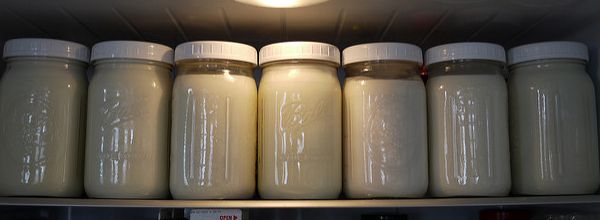Top 10 Best Science Podcasts For Researchers
Facing hours of cell culture, or some other repetitive and mundane lab task? Why not cheer things up with a podcast or two! Discover our top 10 favorite science podcasts for researchers, from Sawbones to The Life Scientific.






















